
Despite war, Russian women still head to Switzerland for childbirth
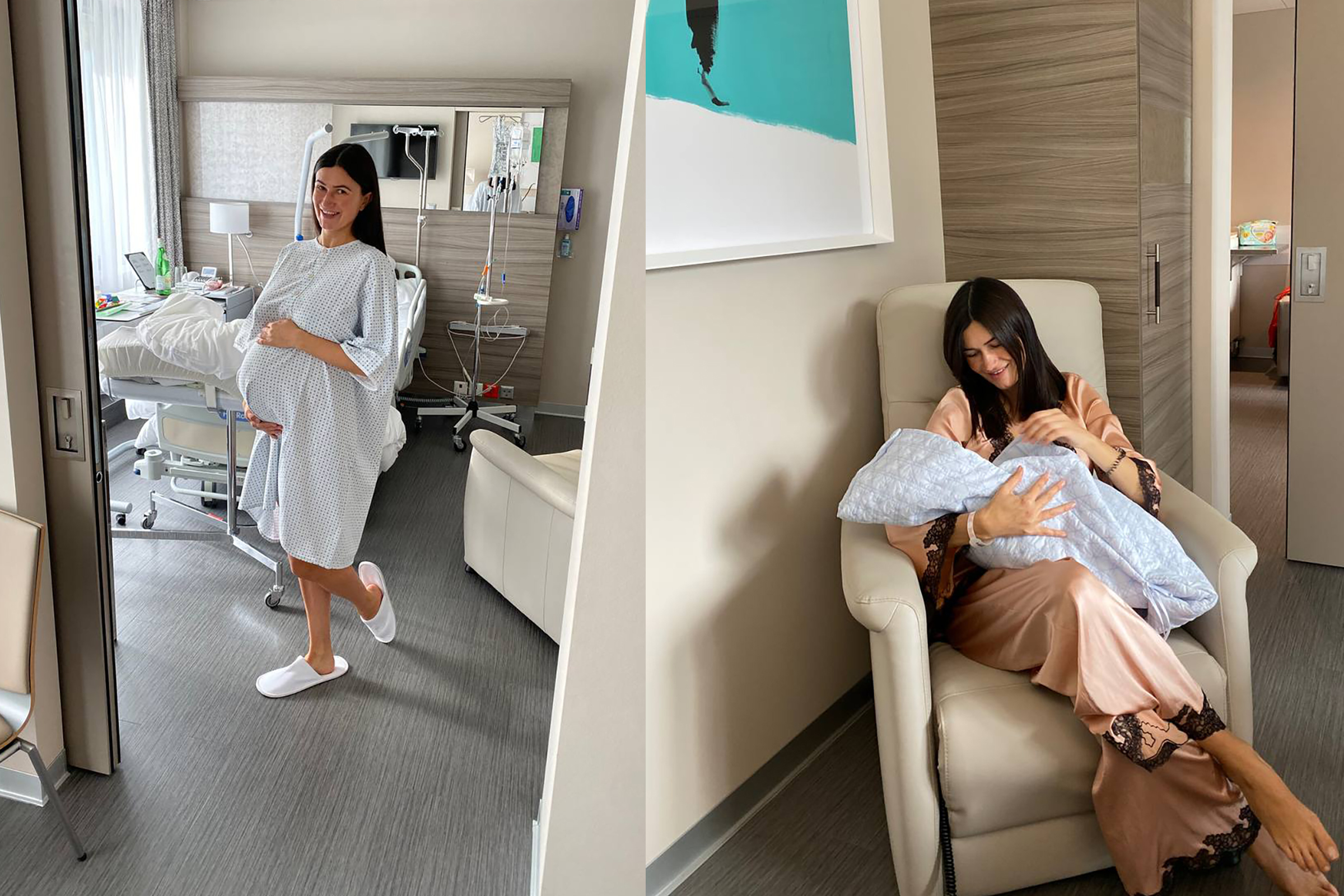
Switzerland has a history of attracting Russian women seeking to deliver their babies abroad. But Russia’s war on Ukraine has stemmed most of the flow. International sanctions and limits on Russian foreign exchange make access to Swiss medical services difficult.
Multiple failed pregnancy attempts pushed Inna Shchibrik and her husband to leave Russia and go to Switzerland for help.
“I couldn’t understand why I was failing,” shares Shchibrik, a 36-year-old from Yekaterinburg in central Russia. “I consulted numerous doctors in Yekaterinburg and in Moscow. I visited renowned experts at state clinics. But what was the result? Nothing worked. In Switzerland, they discovered the cause [of my infertility].”
Childbirth proved possible for her in the end. After an initial doctor’s consultation in Geneva in 2014, she returned a year later for a medically assisted pregnancy and delivery. For her second pregnancy, she also chose Geneva. Shchibrik is now the mother of twin girls and one boy.
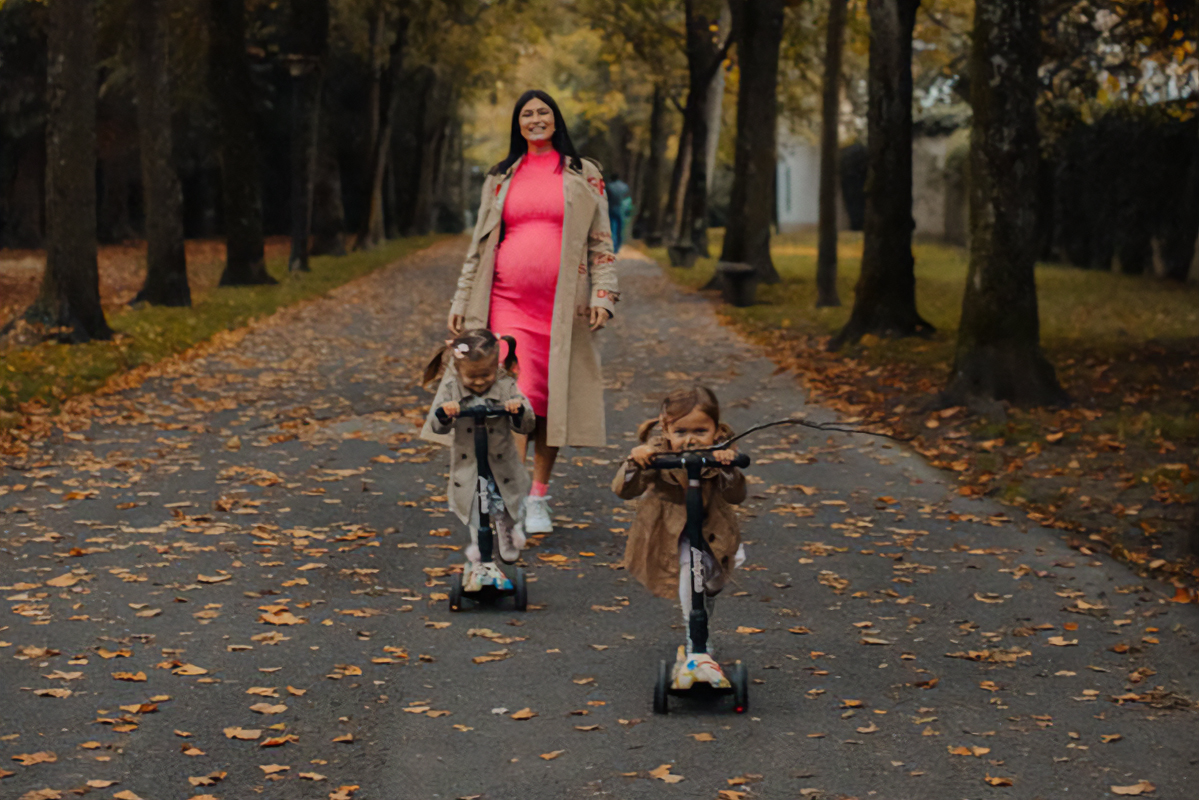
“In Geneva, I realised the most important thing: during pregnancy, you long for inner peace,” says Shchibrik during a video interview conducted over Zoom. “And I found it through competent and caring professionals.”
It’s common for Russian women to travel abroad for childbirth. The phenomenon is known as “pregnancy tourism”. For some, it provides an opportunity to have a peaceful pregnancy under the care of Western professionals. Others see it as a chance to secure foreign citizenship for their children since some countries offer birthright citizenship.
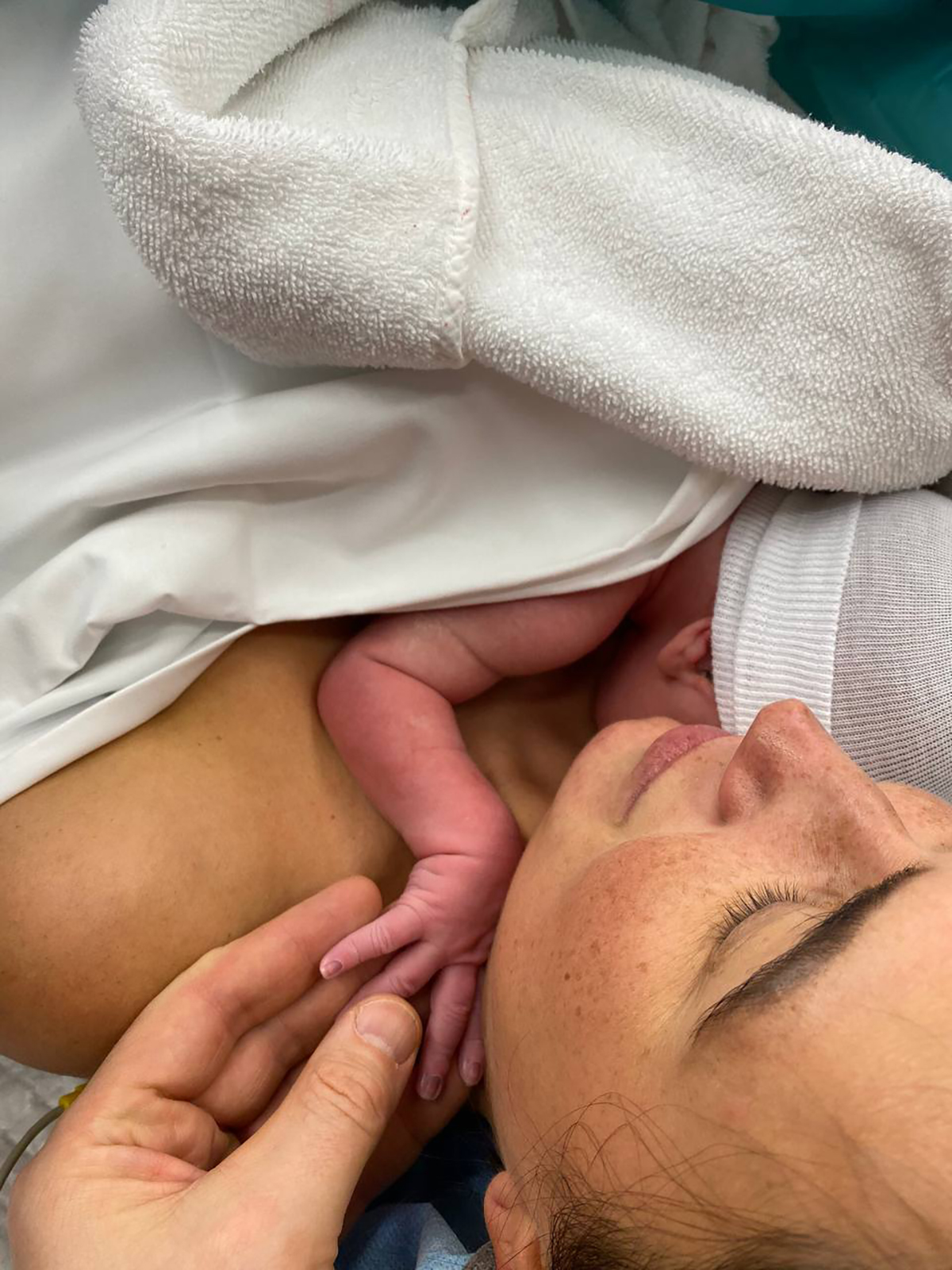
The most popular countries for Russian women looking to give birth overseas are the US and Argentina. Since the beginning of the war, the latter has become a prime destination for expectant Russian mothers as the law allows for parents of an Argentine child to fast-track their residency permits. Official figures cited by the Associated PressExternal link show some 22,200 Russians entered Argentina over the last year, including 10,777 women – many of whom were in the advanced stages of pregnancy. In January this year, 4,523 Russians entered Argentina, more than a four-fold increase compared to arrivals during the same month in 2022 (1,037).
Switzerland doesn’t offer birthright citizenship, but it does provide excellent medical care which many middle-class Russians consider lacking in their home country. The infant mortality rate for Russia in 2023 is 4.8 deaths per 1,000 live births, as for Switzerland it is 2.9 deaths per 1,000 live births, according to United Nations figures.
The war in Ukraine appears to have slowed but not stopped Russian women coming to Switzerland for childbirth, according to people familiar with the matter. There are no official figures documenting the number of Russian women coming to Switzerland for childbirth. The Federal Statistical Office did not respond to questions emailed by SWI swissinfo.
Russian citizens can still travel freely but face restrictions to transfer money overseas. Russian banks have been hit by sanctions as have oligarchs with links to Russian president Vladimir Putin or his regime. Direct flights from Russia to Switzerland have also been suspended. This has led to a significant drop in the number of Russian women delivering in Switzerland, according to sources involved in the unofficial pregnancy tourism industry.
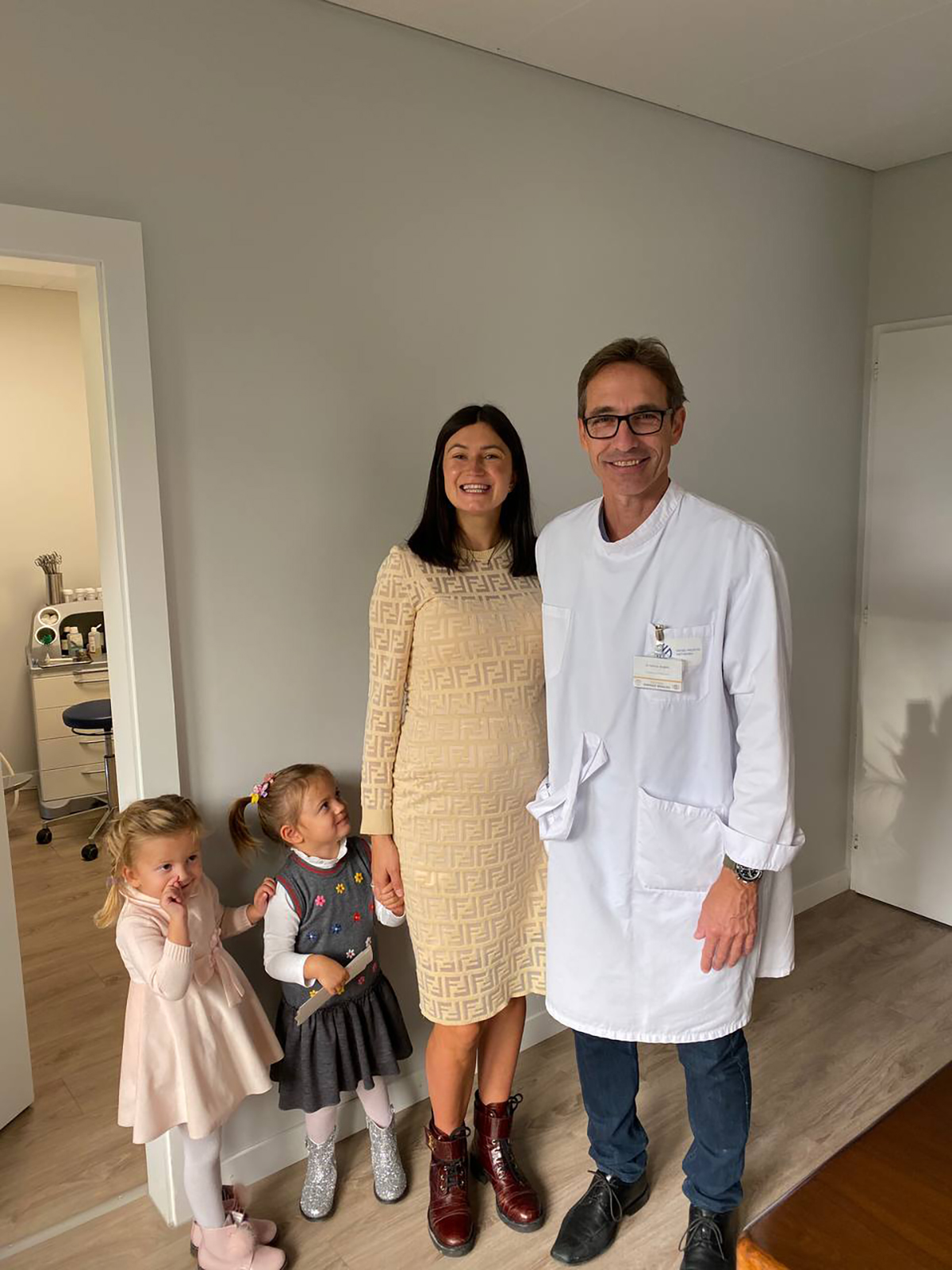
“The number of patients has dropped by 60%,” says Elena Vinokurova-Sestito, an independent entrepreneur and head of a small company based in Geneva. She has been providing exclusive services for expectant mothers from Russia in Geneva, Lausanne, and Zurich since 2010.
“Some of my clients have been affected by the sanctions themselves and are prohibited from travelling, while others face difficulties in making payments and transferring funds abroad. And some find it exhausting to undertake long flights,” she says. Vinokurova-Sestito did not disclose the number of cases she handles per year.
Navigating sanctions
While it is still possible to fly to Switzerland via a connecting flight, paying the high medical bills at local hospitals is not always feasible.
A natural birth in a private clinic in Geneva, including a five-day stay in a single room, costs a minimum of CHF24,000. If a Caesarean section is required, the cost rises to CHF28,000 ($30,700). These prices do not cover the fees for the anaesthetist (in the range of CHF1,250 to CHF3,100), a paediatrician (CHF1,500 to CHF2,500), and a gynaecologist (CHF 5,000 to CHF10,000). Consequently, the total cost of giving birth in Switzerland for foreign women ranges from CHF31,750 to CHF43,600. In Switzerland the basic delivery plan is covered by health insurance.
In Yekaterinburg, where Shchibrik lives, the cost of a basic delivery plan costs between 100,000 and 140,000 roubles (CHF1,100-CHF1,500). A premium plan – not covered by health insurance – with the services of a beauty salon for the mother before discharge and a photographer adds up to 320,000 roubles. Patients can incur further costs in the case of multiple or “difficult” pregnancies, as well as to choose the delivering doctor and midwives.
Some of Vinokurova-Sestito’s clients own bank accounts in other jurisdictions or hold dual citizenship. This allows them to find alternative solutions. Others bring cash with them but are limited by the approximately CHF10,000 per person that can be taken out of Russia.
Typically, Russian patients apply for credit cards in countries such as Kazakhstan, Kyrgyzstan, Georgia, or China, which would be accepted in Switzerland. Russians who live abroad are also able to use Revolut, an online credit card launched by a Ukrainian start-up.
“The most tech-savvy clients utilise cryptocurrency wallets linked to virtual credit cards, which are accessible through mobile apps,” explains Vinokurova-Sestito. “Solutions to the problem exist; however, they require additional time, resources, and effort.”
A criminal case in Russia for seeking treatment in Geneva
In October 2022, Svetlana M.* was stopped at customs in Moscow carrying just over the $10,000 limit. The extra CHF800 on her were confiscated, but she was still allowed to travel to Switzerland for medical treatment.
Upon returning to Russia, Svetlana M. faced criminal and administrative proceedings for “smuggling money”. The Russian court disregarded certificates showing that she carried money to Switzerland for medical purposes.
The criminal case has recently been closed but not without Svetlana paying a hefty fine. She did not disclose the amount. She has since returned to Switzerland for further medical examinations, each time remaining within the CHF10,000 limit. This means saving on food and taxis during her visits. Her Russian credit cards still do not work overseas, and her Chinese cards do not allow her to transfer money to Swiss clinics or make general transactions here. This hasn’t deterred her from travelling to Switzerland. She was last here in May and spoke with SWI then.
Was Putin’s baby born in Switzerland?
In 2015, the Swiss press reported that the Russian gymnast, Alina Kabayeva, and reportedly Putin’s girlfriend gave birth to their child at a Swiss clinic in canton Ticino. A presidential spokesperson and the gymnast herself denied the information.
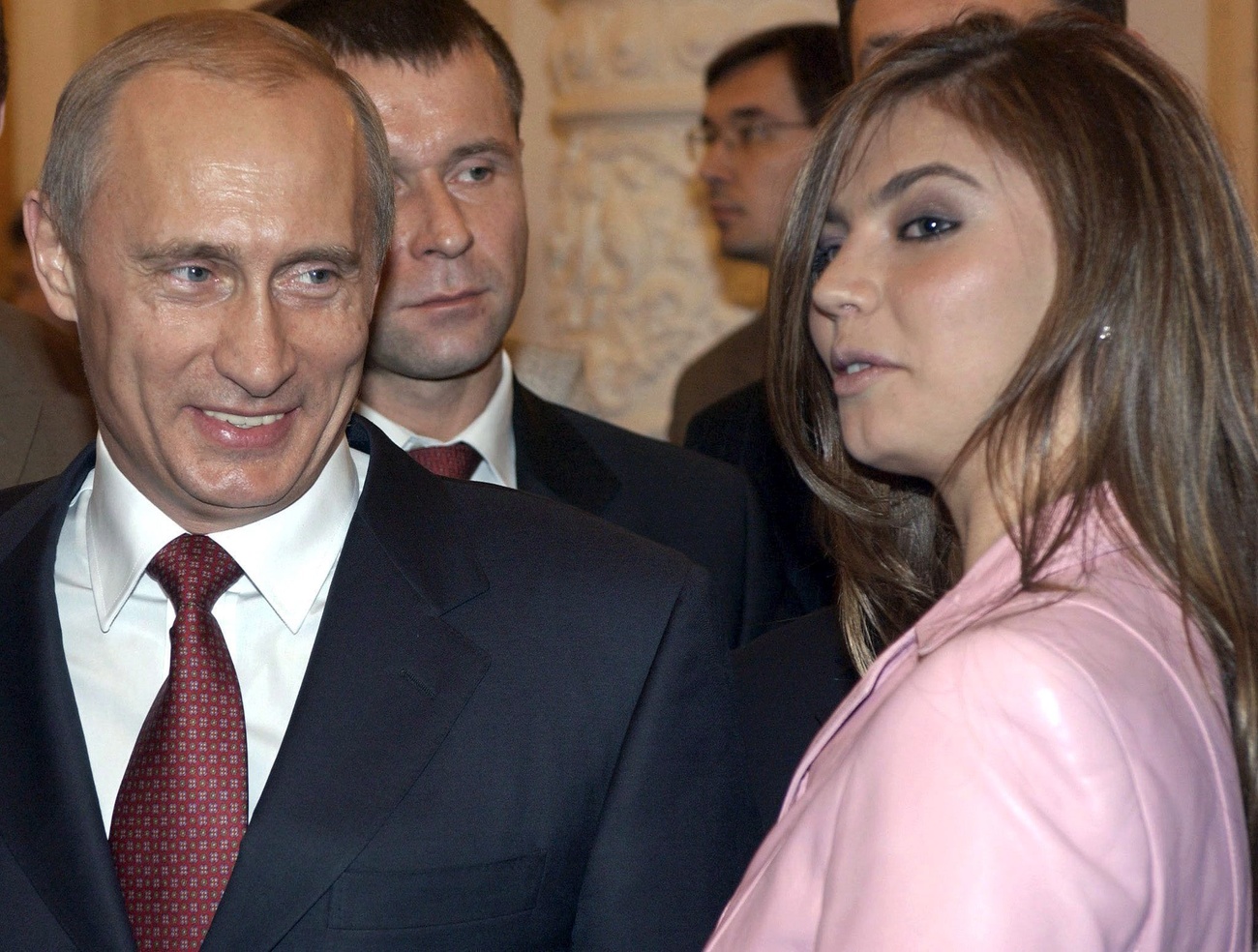
The delivery was reported to have taken place at the very exclusive Sant’Anna Clinic in canton Ticino. The Russian-language website Corswiss (the intermediary for the clinic in Russia) refers to the clinic as having delivered the children of Silvio Berlusconi and Italian singer Eros Ramazzotti among others, as well as “children of top Russian leaders”.
The websiteExternal link features a section on why celebrities choose their services: “The clinic is situated away from populated areas, which is crucial when the pregnant woman is a celebrity seeking to avoid intrusive attention from the press or fans at an intimate moment,” it reads.
The Sant’Anna press office declined to answer questions sent by SWI. “As a matter of principle we do not provide patient-related information and therefore ask that you stop contacting our clinics,” it stated. “They will not be able to answer your questions either”.
In an exclusive interview (the full video version will be released shortly) with SWI, Sergei Pugachev, an investor and former close acquaintance and advisor to Putin who now resides in France, emphasises that the relationship between Kabayeva and Putin has never been a secret among those close to him.
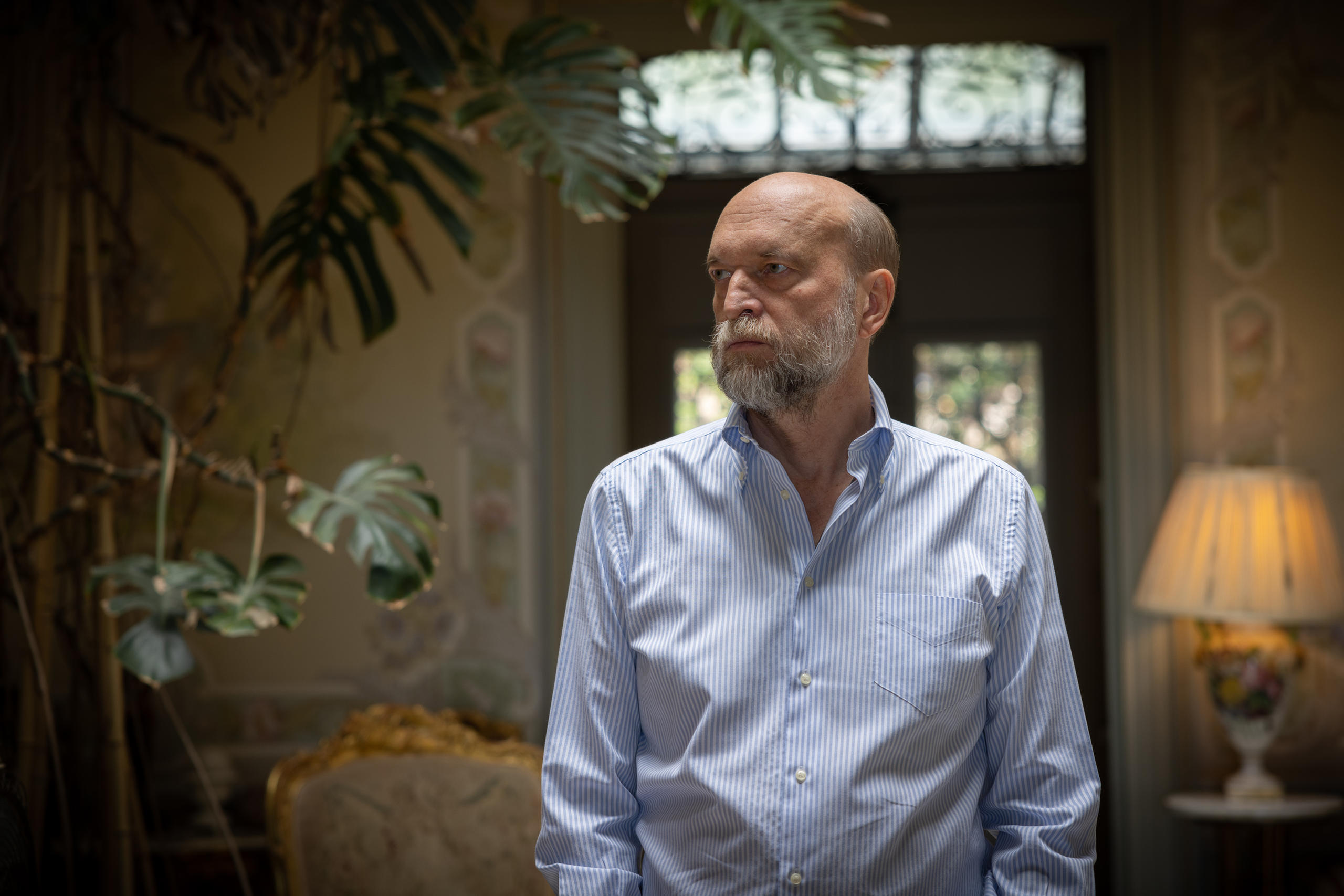
“I don’t know about the romance, but everyone in Russia knows that Alina Kabayeva is, so to speak, his wife. Their relationship is, I think, like that of a husband and wife,” he said.
He admitted that to his knowledge one of her three children with Putin was delivered in Switzerland.
In June 2022, the Swiss government joined another package of EU sanctions imposed on Russia, which included Kabayeva’s name. In addition to the EU and Switzerland, the US, Canada, and the UK have also imposed personal sanctions on the Olympic rhythmic gymnastics champion.
*The person’s name has been anonymised at the request of the interviewee.
Edited by Virginie Mangin

In compliance with the JTI standards
More: SWI swissinfo.ch certified by the Journalism Trust Initiative


























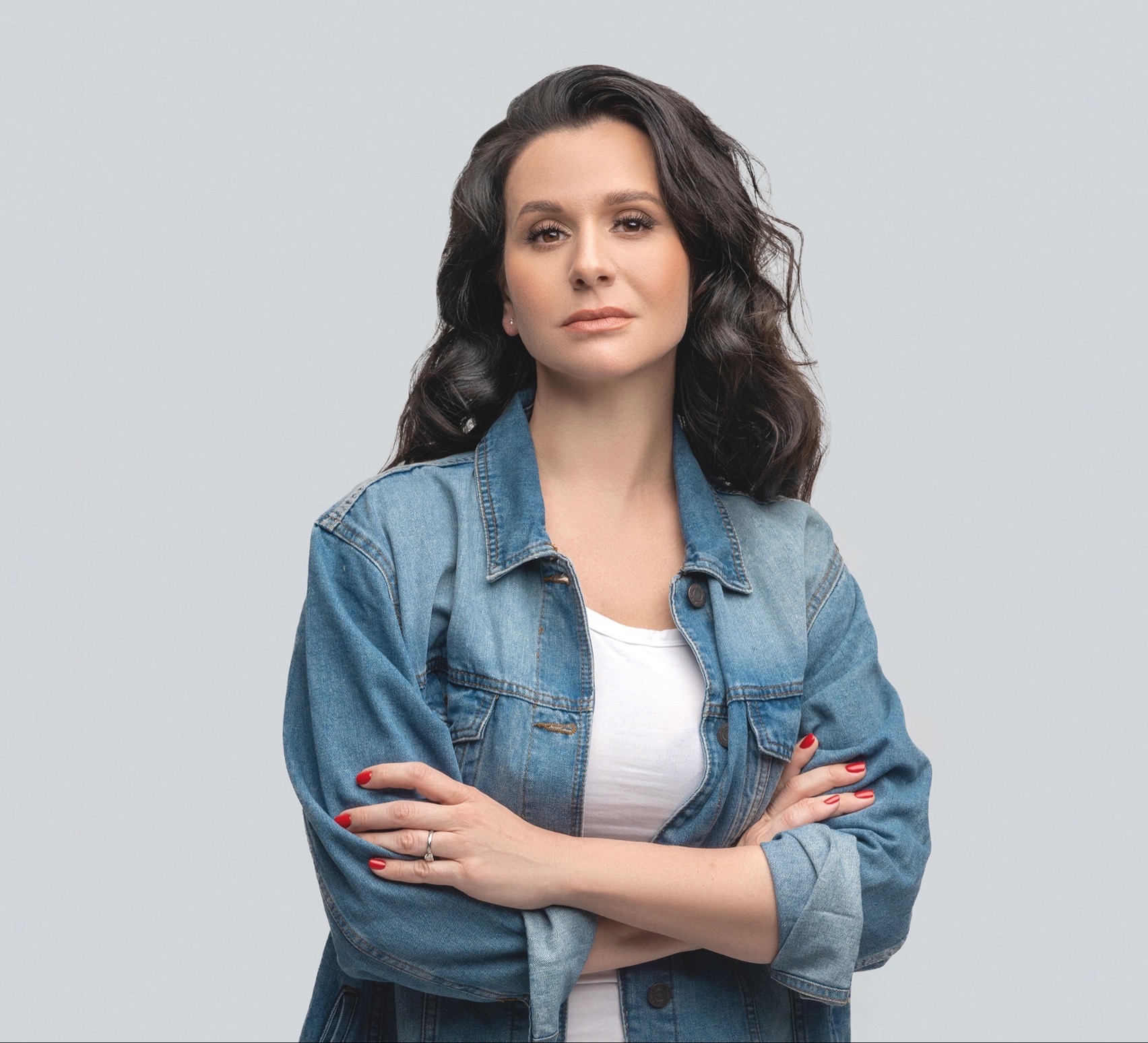
You can find an overview of ongoing debates with our journalists here . Please join us!
If you want to start a conversation about a topic raised in this article or want to report factual errors, email us at english@swissinfo.ch.